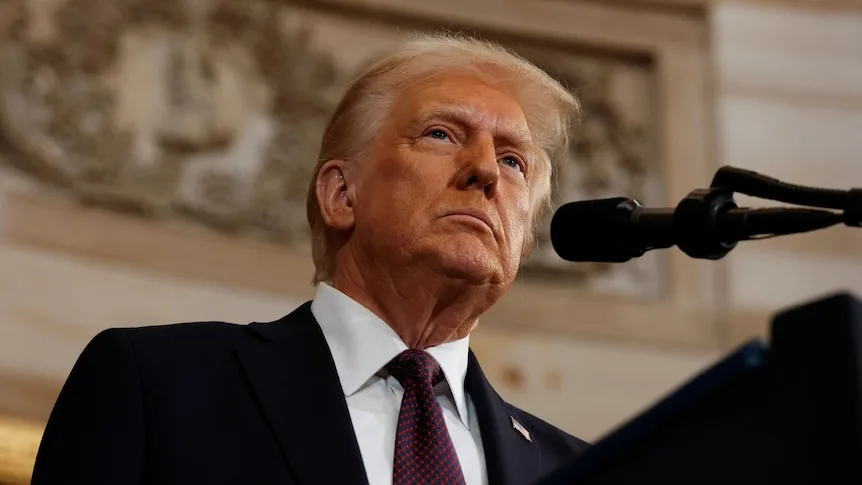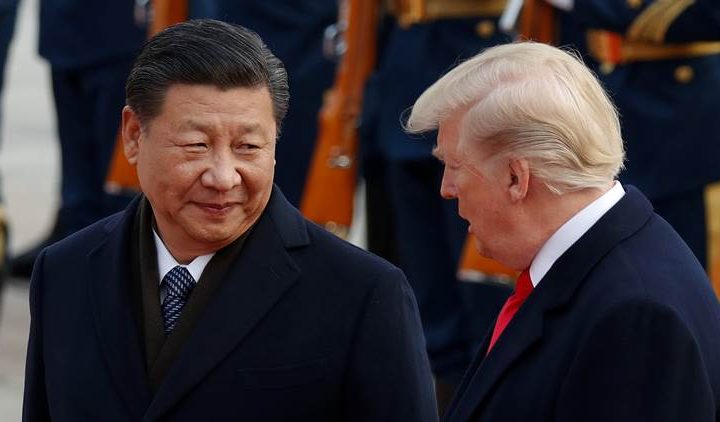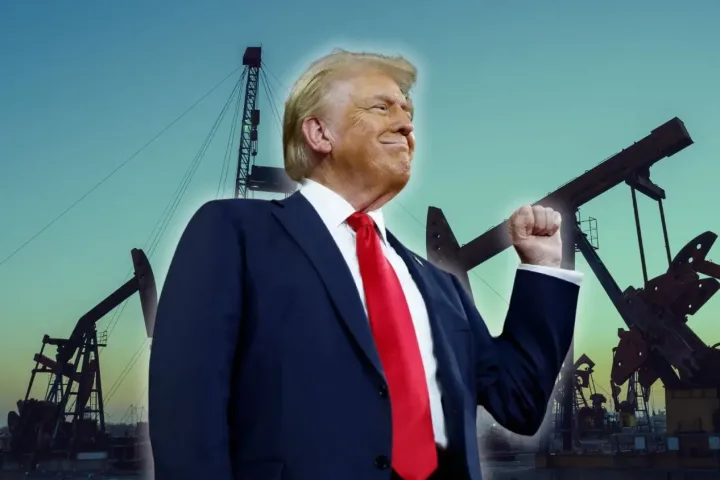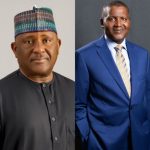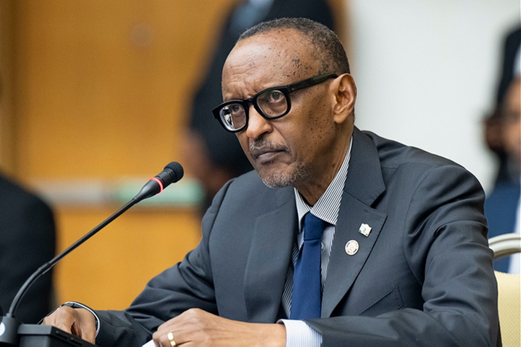In a notable shift, the United States has announced the exemption of a range of electronic devices from its punitive import tariffs, giving relief to US tech industries.
This is also seen as a subtle move to lessen its tough stance on tariffs, which sparked the trade war with China.
Join our WhatsApp ChannelThe US Customs and Border Protection office announced late Friday that items such as memory chips, computers, smartphones, and others would not be subject to the global tariff that President Donald Trump announced a week earlier.
The action was taken as China imposed 125 per cent tariff on U.S. goods imported into the country in retaliation over U.S. earlier punitive tariff.
The tariff announced by Beijing on imports from its largest trading partner took effect on Saturday, 12 April.
Apple, which manufactures iPhones and other premium items in China, as well as US tech firms like Nvidia and Dell will benefit from the exemptions.
READ ALSO: Trump’s Economic Reforms: Boon Or Bane For Vulnerable Americans?
These exemptions would generally narrow the impact of the staggering 145 per cent tariff imposed by Trump’s administration on Chinese goods entering the United States this year.
In justifying the new trade tariff policy, Trump have repeatedly argued that it is a way to retore domestic manufacturing in U.S.
He announced a 90-day pause on Wednesday but excluded China.
READ ALSO: Trump’s Tariff Tightrope: Navigating Global Trade Uncertainty
The increasing tariff battle between the US and China has heightened concerns about a long-term trade war between the world’s two largest economies, sending global markets into a tailspin.
The fallout has sent shockwaves into the US economy, with investors abandoning government bonds, the dollar falling, and consumer confidence plummeting.
Adding to the pressure on Trump, Wall Street millionaires, including some of his own supporters, have openly criticized the entire tariff policy as harmful and counterproductive.
Victor Ezeja is a passionate journalist with seven years of experience writing on economy, politics and energy. He holds a Master's degree in Mass Communication.

